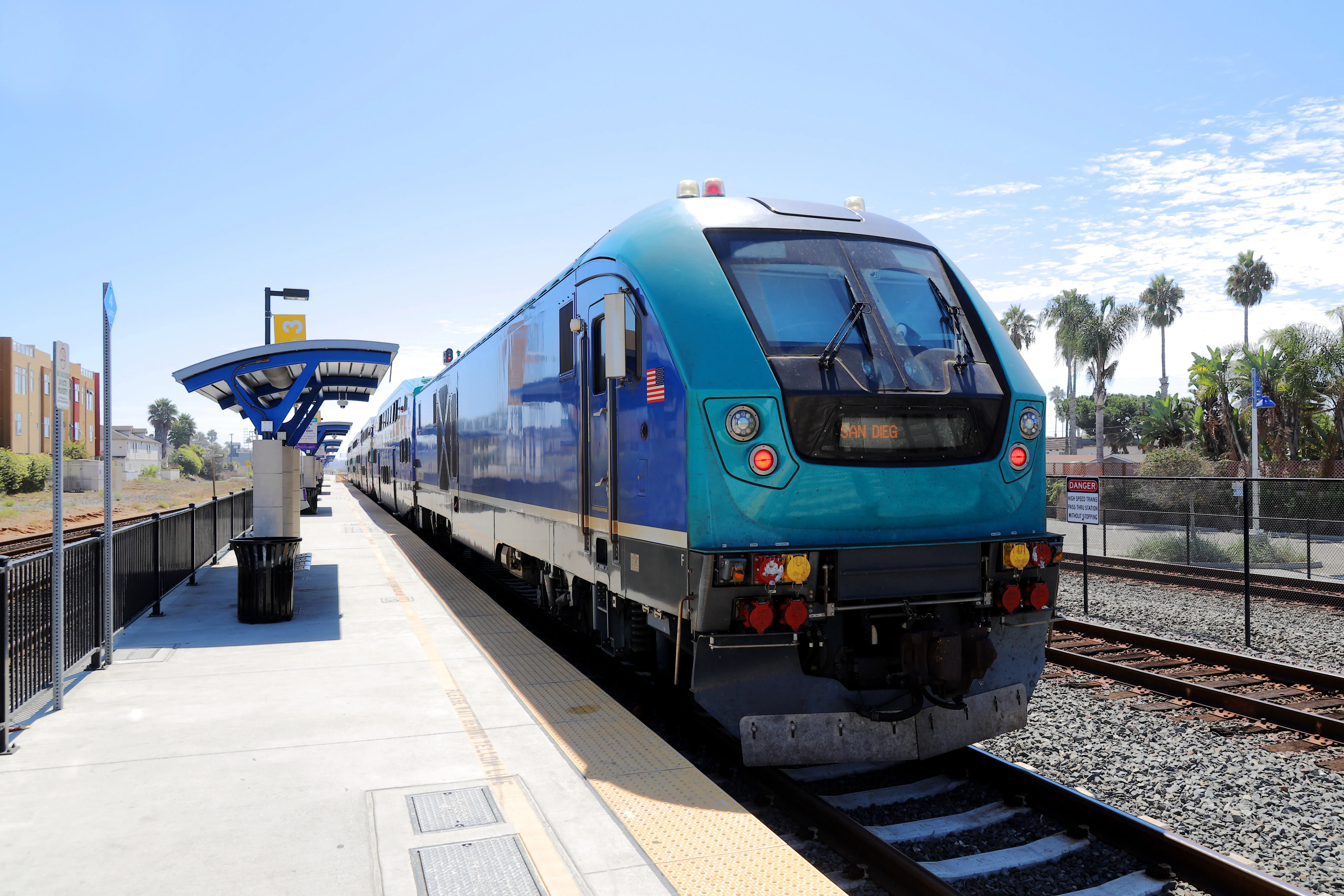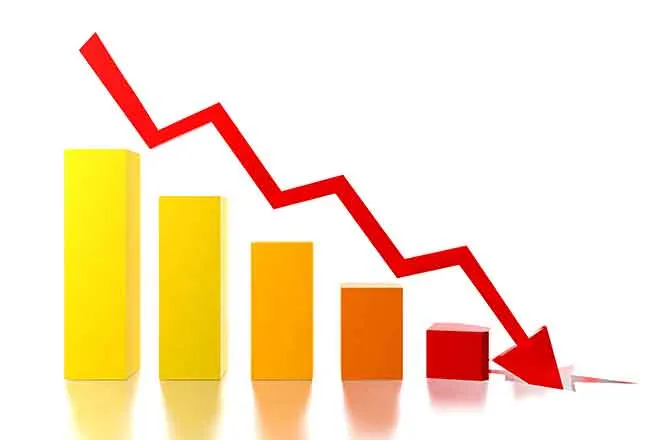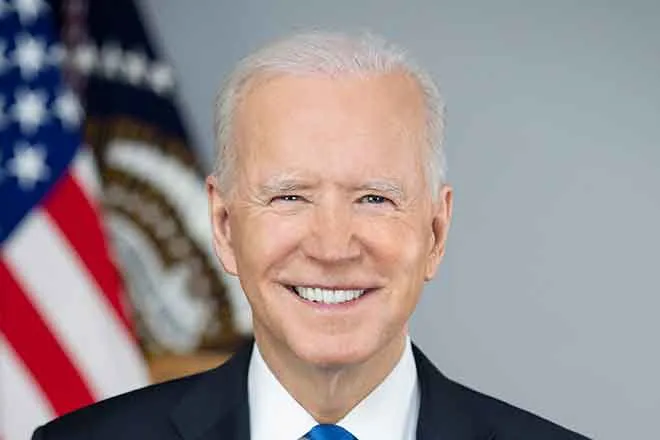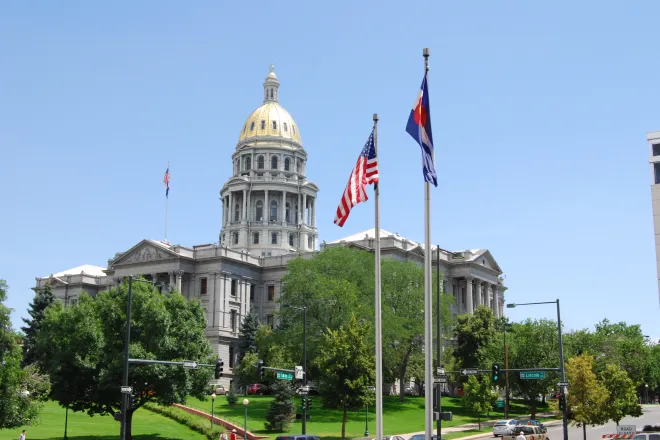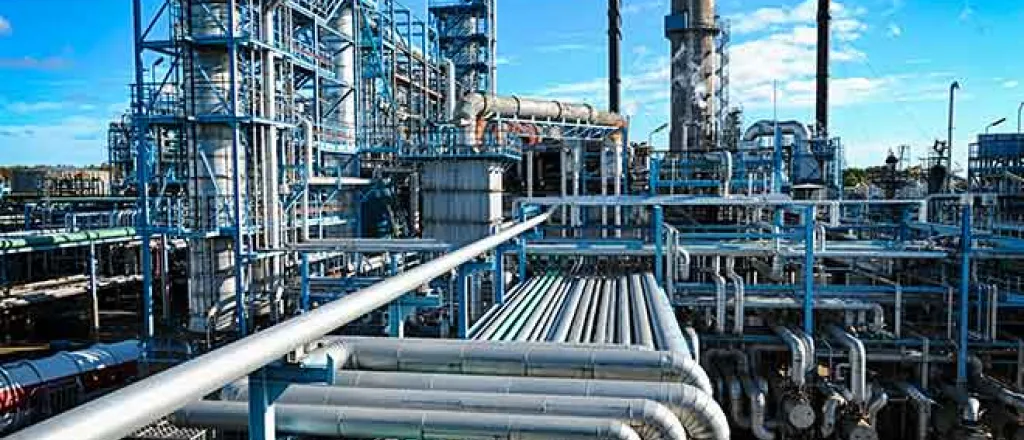
Gas industry turns up heat on climate action plans
(Washington News Service) As cities work toward decreasing their climate impact, they're running up against some opponents in the gas industry.
In Washington state, Vancouver is developing its climate action plan, but activists in the community say Northwest Natural, the regional gas supplier, has ramped up its pace defending the fuel source.
Northwest Natural has sent out fliers noting that customers prefer gas stoves in their homes, but Alona Steinke, a Vancouver resident and retired nurse, said a growing number of health studies find these stoves are a major source of indoor pollution.
"They were telling their customers that there's 'a small group of people who are trying to get the city to take away their gas.' Well, it's not true," she said, "but I'm sure there are some who thought that they were going to lose their beloved gas stoves."
Northwest Natural said it has plans for reducing its carbon footprint, including the use of methane produced by cow manure and sewage-treatment plans. The company is part of roundtable discussions taking place in Vancouver on its climate action plan.
David Anderson, Northwest Natural's chief executive and president, also chairs the American Gas Association. Dylan Plummer, senior campaign representative for the Sierra Club in the region, said cities and other local governments have faced roadblocks - from the company and American Gas Association - as they attempt to electrify buildings and appliances to meet their climate goals.
"Northwest Natural is leading both a regional and a national effort to undermine these commonsense climate policies and keep our communities hooked on methane gas," he said.
Cities are feeling increasing pressure from, and urgency to act on, climate change. Alona's husband, Don Steinke, also is fighting for climate action in Vancouver. He said city council members initially asked how Vancouver could afford to cut its emissions so dramatically in the next few decades.
"That was what they said before we had that 115-degree heat in that heat dome that we had," he said. "That was what they said then. And then at the next meeting they said, 'We're all in. Go for it, do everything we possibly can to reduce emissions.'"


